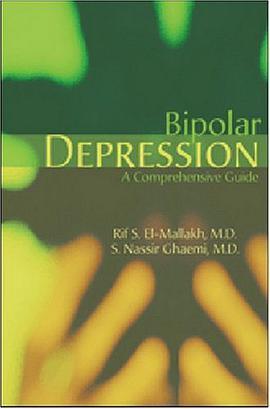

Recognizing the importance of good nutrition for physical and mental status, the Department of Defense asked the Institute of Medicine to guide the design of the nutritional composition of a ration for soldiers on short-term, high-stress missions. Nutrient Composition of Rations for Short-Term, High-Intensity Combat Operations considers military performance, health concerns, food intake, energy expenditure, physical exercise, and food technology issues. The success of military operations depends to a large extent on the physical and mental status of the individuals involved. Appropriate nutrition during assault missions is a continuous challenge mainly due to diminished appetites of individuals under stress. Many less controllable and unpredictable factors, such as individual preferences and climate, come into play to reduce appetite. In fact, soldiers usually consume about half of the calories needed, leaving them in a state called "negative energy balance." The consequences of being in negative energy balance while under these circumstances range from weight loss to fatigue to mental impairments. An individual's physiological and nutritional status can markedly affect one's ability to maximize performance during missions and may compromise effectiveness. With the number of these missions increasing, the optimization of rations has become a high priority.
具體描述
讀後感
評分
評分
評分
評分
用戶評價
相關圖書
本站所有內容均為互聯網搜索引擎提供的公開搜索信息,本站不存儲任何數據與內容,任何內容與數據均與本站無關,如有需要請聯繫相關搜索引擎包括但不限於百度,google,bing,sogou 等
© 2025 book.quotespace.org All Rights Reserved. 小美書屋 版权所有




















